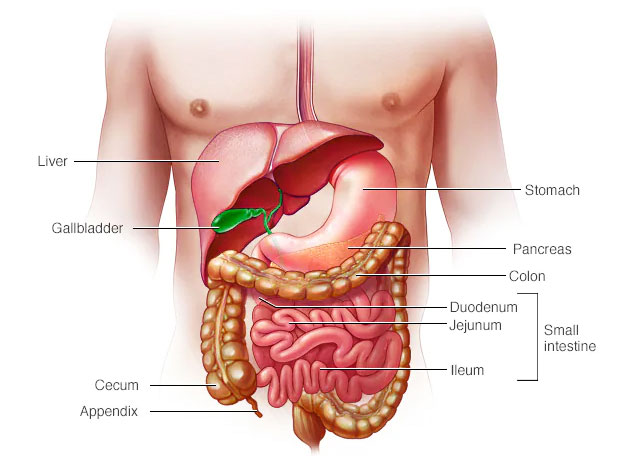E-Mail: sarveshwarreddy131@gmail.com Call Us: +91-9967575529

Inflammatory Bowel Disease (IBD) is a term used to describe chronic inflammatory conditions of the digestive tract, primarily including Crohn's disease and ulcerative colitis. These conditions are characterized by symptoms such as abdominal pain, diarrhea, weight loss, and fatigue. IBD can significantly impact a person's quality of life and often requires ongoing management to control symptoms and prevent complications.
The exact cause of IBD is not fully understood, but it is believed to result from a combination of genetic, environmental, and immune system factors. Genetic predisposition can increase susceptibility, while environmental triggers such as infections, stress, or diet may exacerbate the disease. Abnormal immune responses, where the body's immune system mistakenly attacks the gastrointestinal tract, are also thought to play a central role.
Treatment for IBD typically involves a combination of medication, lifestyle changes, and sometimes surgery. Medications include anti-inflammatory drugs, immunosuppressants, and biologics to control inflammation and manage symptoms. Lifestyle adjustments, such as dietary modifications and stress management, can also be beneficial. In severe cases, surgical interventions may be necessary to remove damaged portions of the intestine or address complications. Regular monitoring and personalized treatment plans are crucial for effective management of IBD.